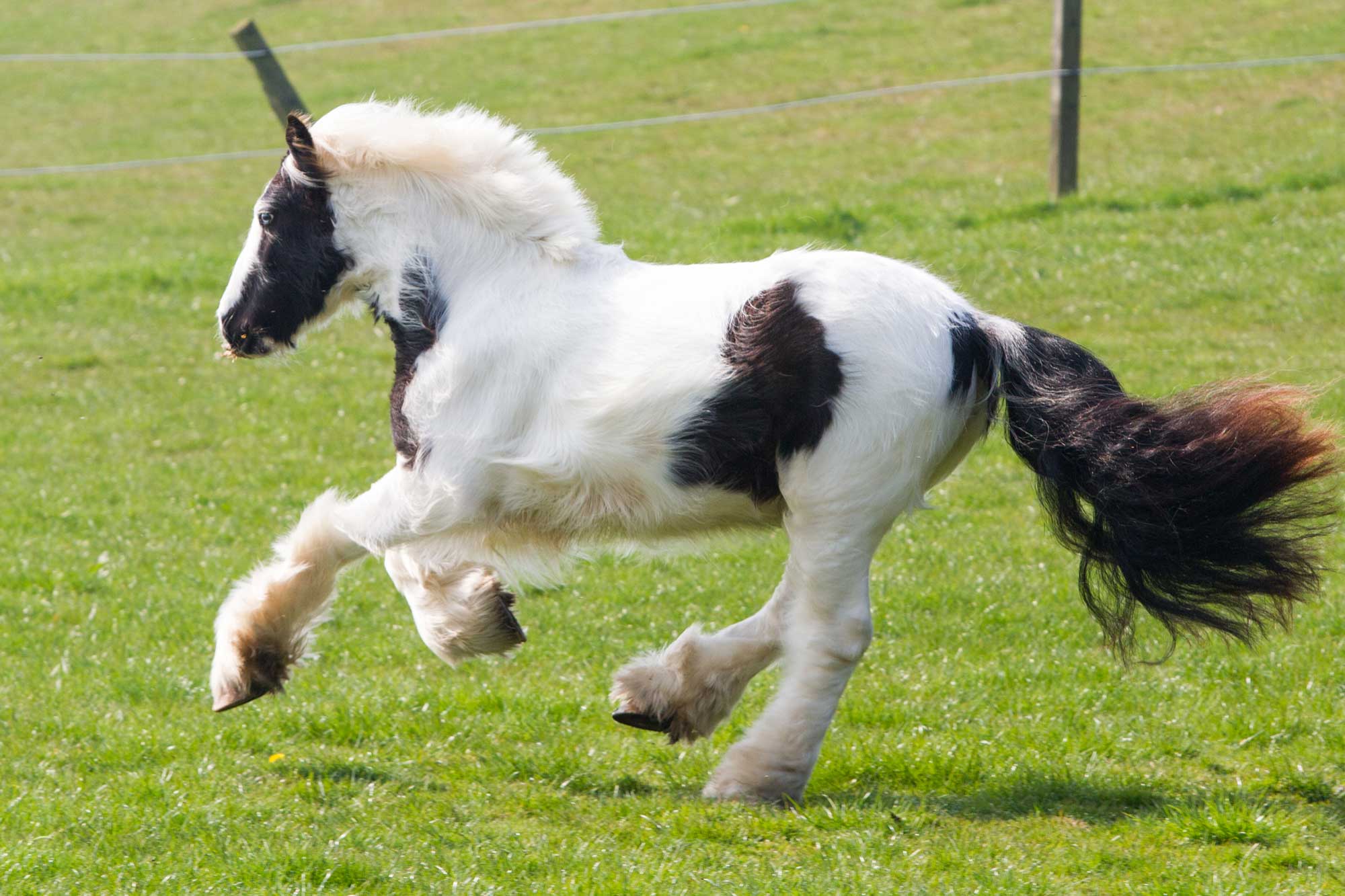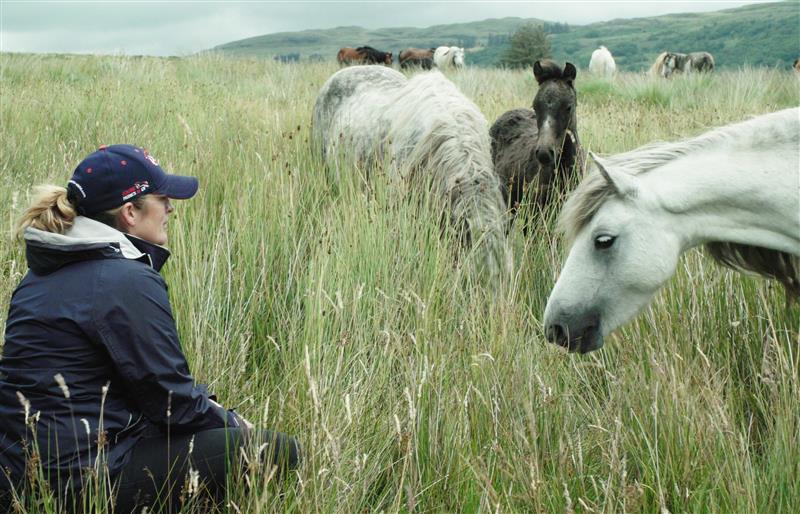Horses are susceptible to a range of diseases and infections, so it is important that you know your horse’s resting temperature, pulse and respiration rates.
When horses are suffering from an infection, one of the first signs can be their temperature increasing above what is normal for that individual horse. Depending on the type of pathogen causing the infection (e.g. bacteria, virus, fungi or protozoa) and site of infection in their body, you may also observe an altered respiration and/or pulse rate.
For a healthy, adult horse, normal values are usually in the following ranges:
- Temperature: 37.5–38.5°C
- Pulse: 36–42 beats per minute
- Respiration: 8–12 breaths per minute
For foals, these values may be higher. Each horse will have different resting values, so it is important to establish what is normal for your horse. Knowing this will allow you to detect a small ‘out of character’ increase, and this has 2 advantages. Firstly, it may allow you to recognise the presence of an infection earlier than you would do otherwise. Secondly, if you are unable to tell your vet what the horse’s normal values are, they will have to base their clinical opinion on the ranges quoted above and may therefore end up with an incomplete picture of the horse’s clinical condition.
Not sure how to check your horse’s temperature, pulse, or respiration (breathing) rate?
Check out our helpful video guides below and ask someone experienced at your yard to help you if needed.
Additional signs of infection include:
- Discharge from the eyes or nose
- Painful areas of heat and/or swelling, particularly in lower limbs and around joints
- Lameness
- Muscle stiffness
- Lethargy
- Lack of appetite
- Diarrhoea/scouring
- Lack of co-ordination (neurological symptoms)
- Early abortion in pregnant mares
For infectious diseases such as influenza (viral) and tetanus (bacterial), there are well-established vaccination protocols in place to protect your horse. There are also vaccines available for strangles and equine herpes virus (EHV). Your vet can talk you through the risk level for your horse regarding these diseases and whether vaccination is necessary. Vaccinations work by exposing your horse to an inactive part of the pathogen (organism that causes the disease). This allows the horse’s body to produce antibodies which act as an early defence mechanism should the horse be exposed to a ‘live’ version of the pathogen in future.
By measuring your horse’s temperature, pulse and respiration rates at regular intervals, you should be able to identify signs of infection early. To help you keep track of your horse’s vital signs and vaccinations, you can download our annual horse health plan.
At the first sign of infection, you should call your vet as some infections, including strangles and tetanus, can be fatal. Some infectious diseases are also contagious (e.g., strangles, equine herpes virus and influenza) meaning they can be passed to other horses on the yard, putting them at risk. For more information on biosecurity and setting up a quarantine area for infected horses, see our disease prevention advice page.
Popular advice in Health

Mites: how to treat them in horses
Find out how our experienced teams tackle this itchy problem in affected horses and ponies.
Other advice categories
All webinar categories:
Call our Advice Line
+44 (0)1953 497 238Not found the advice or answer you were looking for here? Then our Advice Line is available during office hours, or you can email us on education@worldhorsewelfare.org to let us know what topics you were looking for.



